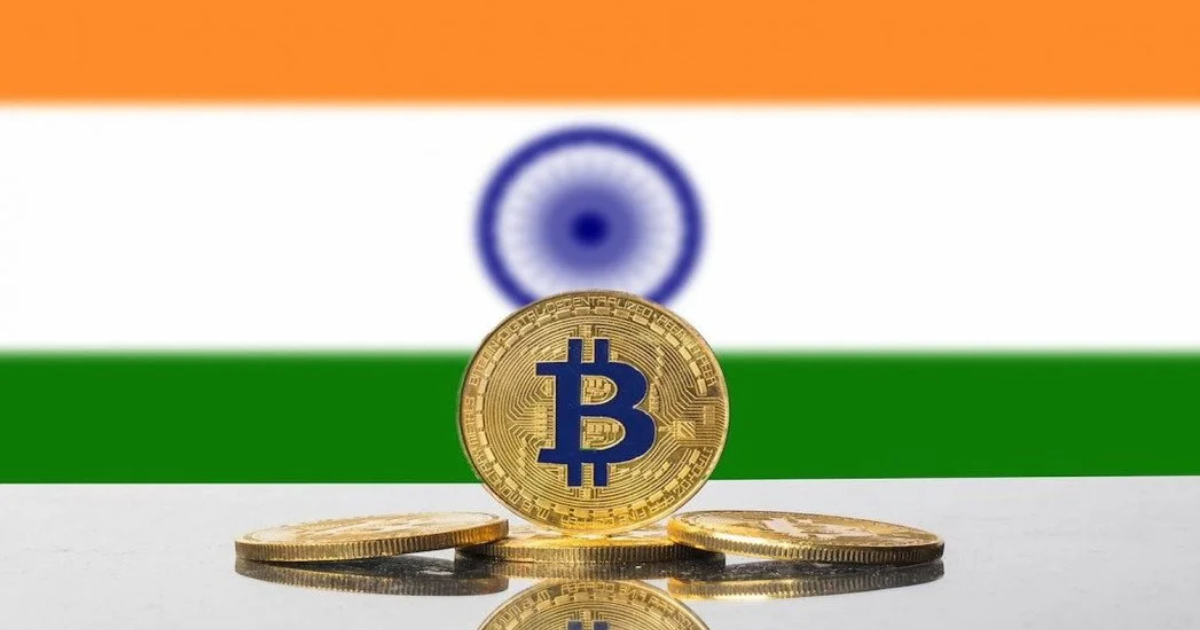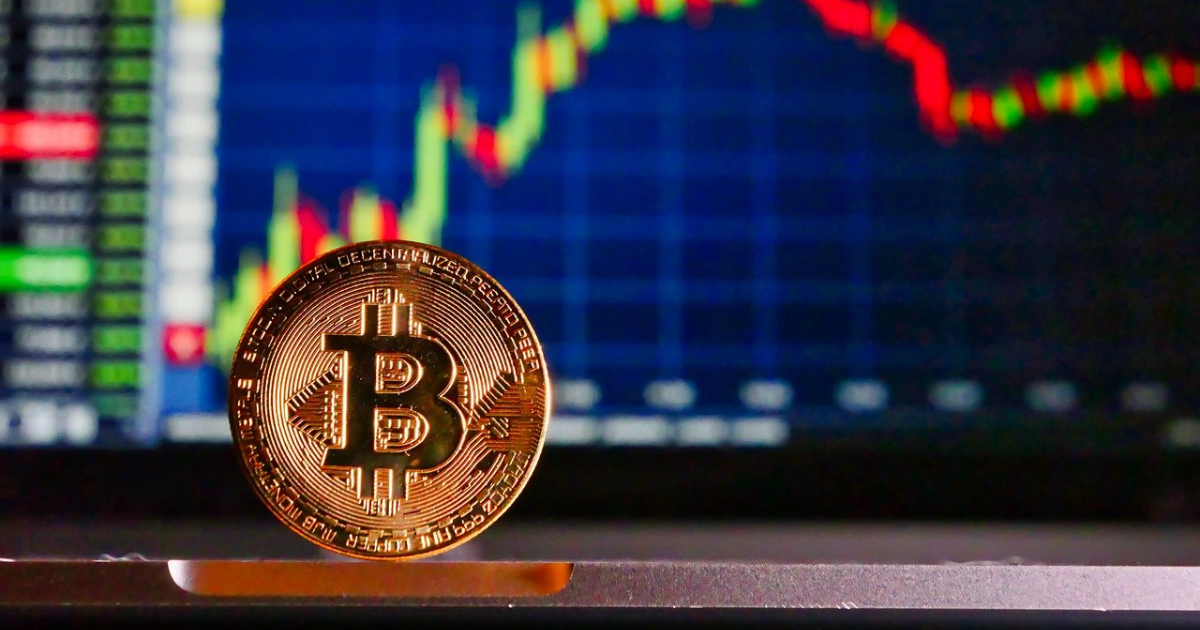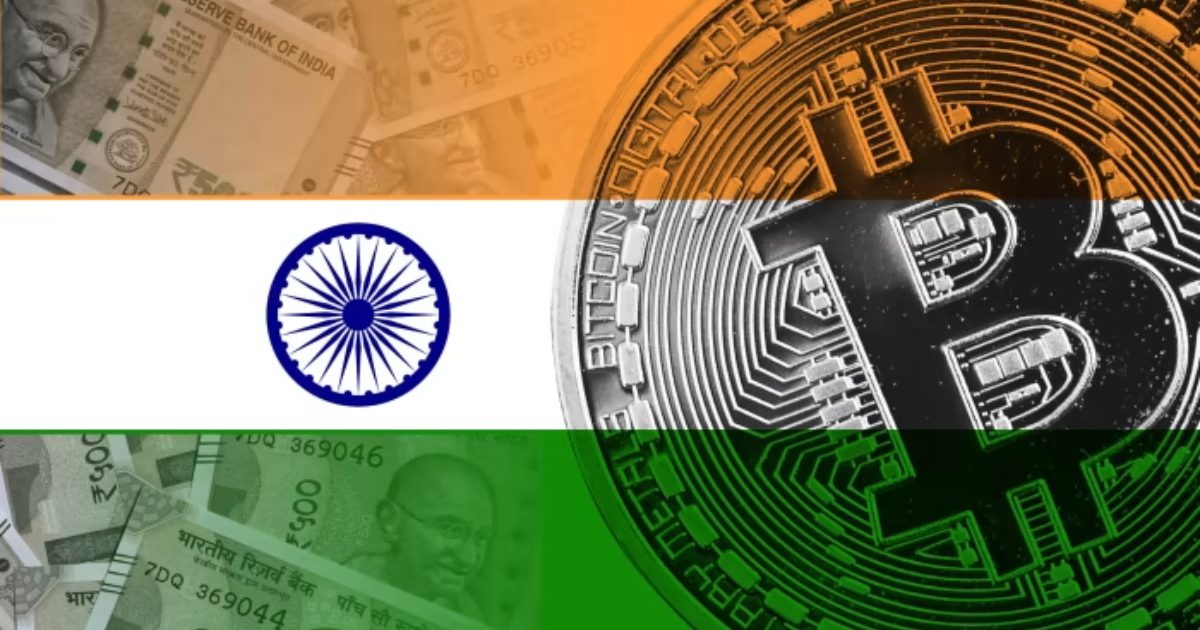There is now intense regulatory pressure on the India Crypto Sector as the Supreme Court wants strong control over assets valued at USD 6.4 billion. Justice Surya Kant recently described cryptocurrency as being part of a parallel economy. The 30% tax policy was questioned by him since there was no clear law to guide the blockchain industry.
Key-Takeaways:
- People want there to be balanced, easy-to-understand regulations because of the Court’s doubts about crypto and its part in a parallel economy.
- Because of tough taxes, many users began to trade on exchanges outside the country, but now, with tighter regulations on foreign platforms, many are shifting their trust to licensed domestic exchanges.
Intervention by the Supreme Court Prompts Debate About Regulatory Rules

Concerns the Supreme Court has about unregulated crypto activity have made people talk more about the future of India’s crypto sector. The judge at the hearing pointed out that if digital asset trading is unchecked, the economy could suffer.
Officials mentioned that regulatory systems could be examined. Right now, virtual digital assets are taxed at 30% and 1% TDS and losses cannot be used to reduce other income.
Transfers From Mainstream to Offshore Systems

Because taxes are strongly regulated in India, many people have left the cryptocurrency field. As rates have gone up, commodities are now being traded more around the globe.
Esya Centre data shows that 2023 saw three to five million users switching to Binance, KuCoin, Coinbase and Bitget. This development shows that businesses are unhappy with India’s regulations.
But new measures against foreign exchange services have changed how things work. A lot of people in the India Crypto Sector are starting to choose domestic platforms more often.
TDS evasion investigations by the department are influencing Binance, meaning investors should now submit proof or explain why TDS was not deducted. This enforcement underlines a shift in the India Crypto Sector, since it shows regulators are keeping a closer eye on trading in other countries.
Trading Within Domestic Platforms and Their Compliance

Mudrex and CoinSwitch have an advantage because they completely follow the guidelines set by the India Crypto Sector. With their help, users do not have to worry about calculating and paying TDS.
This way of dealing with regulations protects businesses as new laws are passed. INR 824.14 crore being evaded from 17 exchanges by GST shows the increasing enforcement efforts of the government.
This indicates regulation is steering the growth of the India Crypto Sector. People looking for safe and secure options may choose domestic platforms.
Binance Group’s Nest Services Ltd was charged with evading GST worth INR 722.43 crore. The case highlights that the India Crypto Sector is not fully protected by regulations.
As a result, domestic platforms put an emphasis on trust and following the same set of rules. Balaji Srihari from CoinSwitch has explained that local exchanges support customers more rapidly and follow Indian crypto rules more carefully.
Despite regulatory difficulties, the Indian crypto sector is growing fast. IMARC Group believes the market value will rise from USD 2.6 billion in 2024 to USD 13.9 billion by the year 2033.
India stands at the top of the world with over 10.7 crore people investing in digital assets. The India Crypto Sector has emerged as an important part of the country’s economy.
Experts in the Indian cryptocurrency sector are still asking for updated tax laws and more detailed regulation. Being unable to claim losses against profits hurts major investors and traders who work in the India Crypto Sector. According to industry leaders, a tax system that only goes after specific industries discourages others from joining the market.
Signs of upcoming changes in policy are visible, notably due to US President Trump’s support for cryptocurrencies. Changes happening globally may affect the way India deals with digital assets.
Experts are concerned that strict rules could cause investors and skilled workers to leave the India Crypto Sector. Avinash Shekhar believes that regulatory sandboxes can help blockchain startups run their ideas without facing tax demands right away.
Conclusion

The India Crypto Sector is experiencing important changes in regulations as well as growth in the market. Steps by the Supreme Court and actions to halt unauthorized gambling hint at possible new rules. Although taxes collect revenue today, there are no strong regulations behind them. The sector’s progress depends on managing both progress and regulation.











